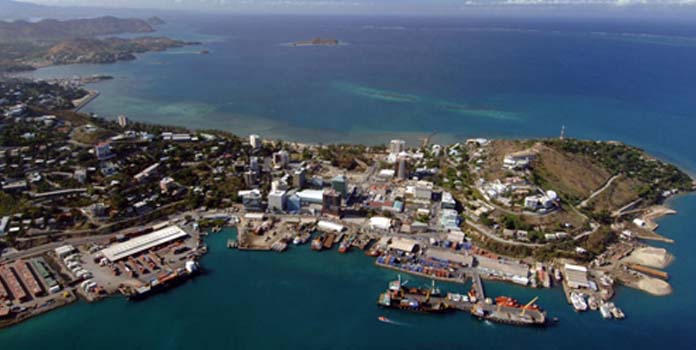
Papua New Guinea may find it difficult to finance the 2016 budget deficit, the Asia Development Bank (ADB) Pacific Economic Monitor analysis has stated.
The ADB economists stated that the domestic sources of finance had dried up as commercial banks had reached their limit for exposure to Treasury bills.
“PNG is exploring options to float a sovereign bond of $1.0 billion in 2016 to refinance its borrowing. PNG may face high financing costs, and exchange rate movements could raise nominal debt.”
It is also stated that the debt service costs are increasing and are now estimated at K1.5 billion, or 10% of the 2016 budget.
The stock of domestic debt is shifting toward shorter term maturity with banks unable to purchase any more Treasury bills, further raising interest rate risks.
Thus, more severe cash flow constraints are likely in 2016, placing a premium on improving cash flow management through regular reconciliation of cheques issued against warrants and through monitoring delays in budget execution.
Economists also pointed out that more efficient public spending could yield large savings.
“It is estimated that up to K700 million could be saved by weeding out non performing workers and spurious posts.
“Each year, the government places a sizable part of the budget in commercial bank trust accounts.
“Not only are these subject to service fees, banks also use the cash to purchase Treasury Bills when the government faces cash flow problems.”
Economists stated that this reportedly costs the Treasury over K1 billion, which could be avoided through better planning and budget implementation.
“The tight fiscal situation is exerting downward pressure on the kina. A sizable part of the budget is spent on imports.”
After the completion of construction on the LNG pipeline, imports were expected to decline, but this has occurred more slowly than anticipated with upscaling of government capital investment.
Foreign exchange reserves are likely to continue falling (from $2 billion in September 2015), and further measures may be needed to arrest this decline.
